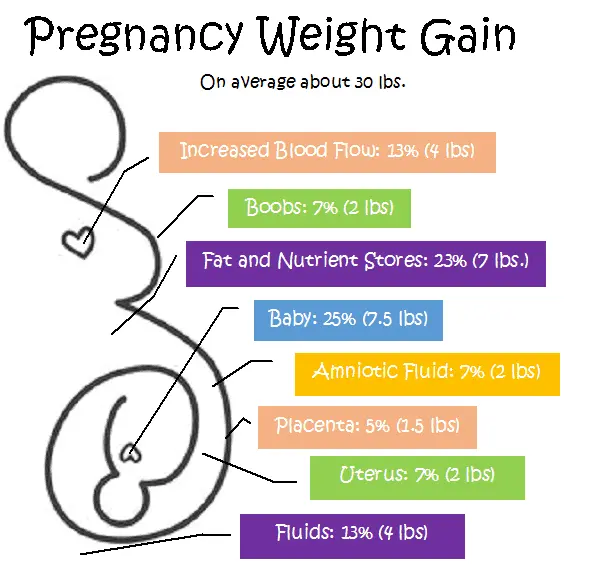I’m currently pregnant with my fourth child. I see these maternity photos of these perfect baby bumps all pristine and perfectly round, and then I look down at my own belly. It’s stretch marked. You can see the fine lines of soft-blue veins showing through my pale skin. There’s bulges at my sides where once there were not. It’s sort of bullet shaped with some dimples where I suppose, a baby body is not. It’s the sort of tummy you never take photos of with bare skin. It is not picture perfect, but you know, I think it is a better representation of what a baby bump really looks like, so I’m going to take that picture anyway. I’m going to show it, unaltered with filters or lighting, because no matter how many stretch marks it has, how misshapen it is, or how many veins you can see, it’s still a price I had to pay for motherhood—and I pay it with pride.

I remember my first labor. All I could smell was oranges, and not the fresh let’s-have-some-juice scent of oranges. No, the I’m trying-to-cover-a-smell-with-generic-orange fragrance that medical offices and hospitals seem to just love that makes me want to vomit scent of oranges. The room was muggy and overly hot, and the nurse kept telling me I couldn’t open the window, as if opening a window was somehow going to endanger my coming baby that was taking forever to come—god, it seems like babies always take forever to come. Everything was set alive in a perfect scene of discomfort as the fluorescent lights hummed to the beep, beep, beep of the monitor the nurse also never shut off even though I wasn’t hooked up to it. I would have measured the time by those beeps if the contractions weren’t less ignorable.
Why was it, I wondered, people thought this was beautiful? How is sweat, blood, pain, and occasionally poop all in a nice sterile orange-scented room beautiful? Those are the sorts of things you notice when you’re in pre-labor. When you’re still pretty sure labor doesn’t hurt so bad and can think coherently about petty things and contradictions. It’s when the true labor starts that you see the animal hiding inside the “evolved” human. You see the way pain makes you stupid, vulgar, and loud– desperate and maybe even just a bit dangerous until it peaks, and something fantastic happens.
The world stops for you. The buzzing stops. The pain stops. The smells stop. The room isn’t so hot, and maybe not even really there. It’s just you and this slimy screaming child that you created—and it’s beautiful. Beautiful isn’t even a sufficient word to describe it, but it’ll have to do, because that’s the only word we have. It’s in that little bubble of ejected reality where nothing else but you and your baby exist that a bond is born. A second entity to carry a new mother though the all-night fits, spit-covered shoulders, and scream-induced migraines that accompany the miracle that is life. And once the rest of the universe comes raining back in suddenly it’s all so much less important. You catch yourself wondering if the pain, waiting, and annoyance are somehow critical to the creation of what you’ve just experienced. The way to be a tree a seed has to rip itself apart, break open, and face the harshness of the world outside to survive or die, a mother has to pay the price of life, watch her body stretch and reshape before breaking open her emotional center to love a child only the way a parent can.
It’s a price I pay with pride.




